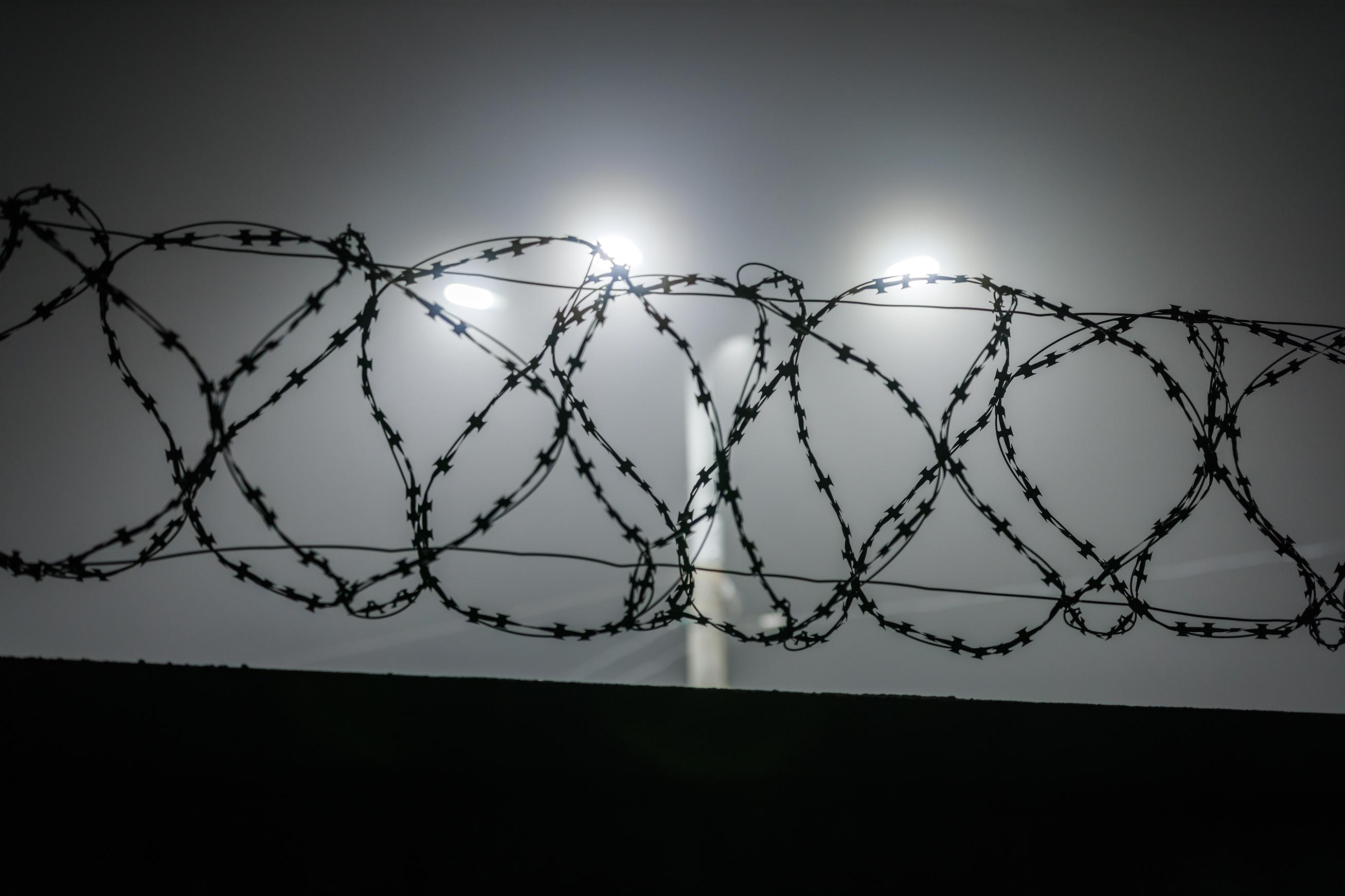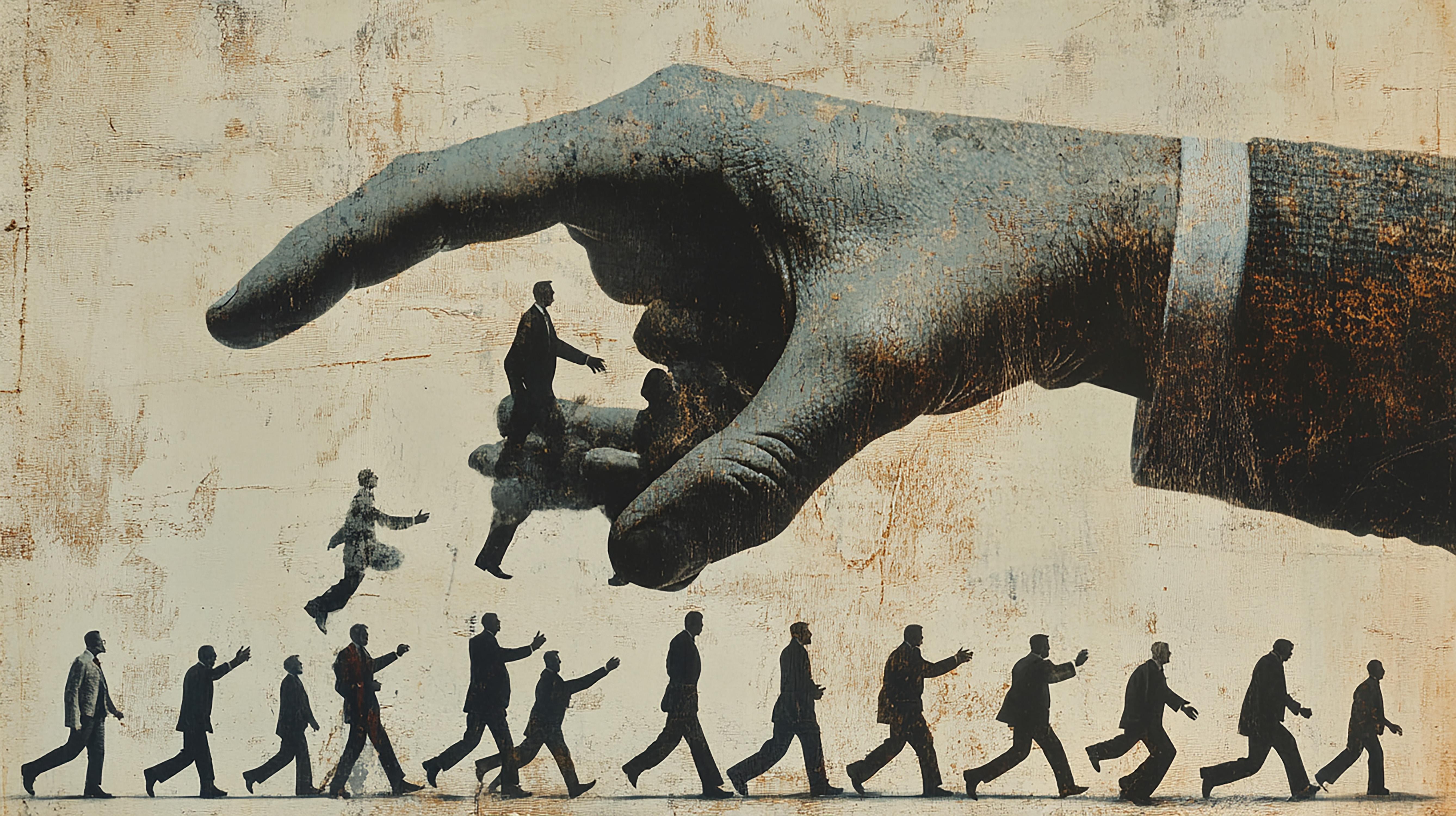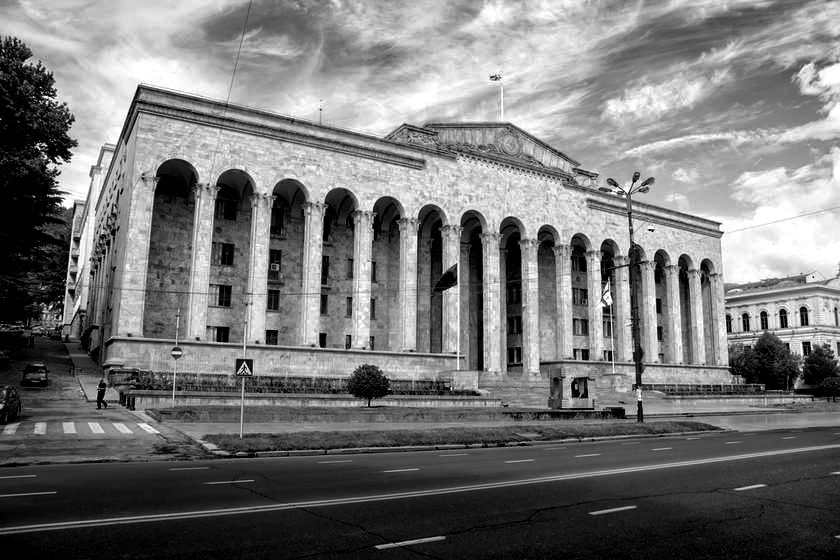Author : Mariam Kvariani

The existence of good judges and a court is important for protecting human rights, ensuring the rule of law, preventing government arbitrariness, and supporting stable economic development in a country. However, a good judge is also essential for a narrower spectrum of society—I mean lawyers.
A judge holds the highest position in the hierarchy of legal professions and sets the standard for any professional. In an ideal picture, he is a symbol of independence, courage, and justice, who enjoys authority in professional circles and in wider society.
Highly qualified, conscientious, independent, and impartial individuals are appointed as judges. Their past activities and professional ethics inspire confidence in the justice system. Their decisions clarify the law and guide the development of legal practice. Judges’ courage, principles, and transformative decisions strengthen legal frameworks and lay the groundwork for future development.
A good judge’s decision explains complex legal problems clearly and inspires followers. In the legal field, a judge’s position is the most prestigious position a young lawyer can aspire to.
The standard a judge sets is the standard the legal spectrum of the state follows.
What is happening in this regard in Georgia?
The recovery of the system remains an unresolved problem in the history of independent Georgia. Every attempt to form an institutional backbone ends in failure. Today, despite four waves of reforms, the court is more closed and biased than it was before the reforms began. The Georgian Dream gave the judicial clan a green light and equipped them with all the legal levers needed to establish control over the judicial branch of government.
Following the United Kingdom’s sanctioning of judges Mikheil Chinchaladze and Levan Murusidze, Irakli Kobakhidze expressed the government’s full support for the judiciary and promised to address every issue raised by the judicial branch. Two months later, the Georgian Dream parliament adopted amendments that were less a legislative bill and more a list of demands from the clan seeking revenge on civil society and independent judges. In addition to the ban on video and audio recording on court premises, sanctions for insulting a judge or the court have been tightened. The restraining mechanisms created within the framework of the reforms have been destroyed. It has become virtually impossible for independent judges to work in the judicial system after the Georgian Dream party banned judges from engaging in academic activities without the council’s permission, simplifying the notoriously abusive rule of forced secondment and tightening the norms regulating disciplinary liability.
In such a system, the court is merely a stage, the judge an actor, the lawyer a psychologist, the bailiff an executioner, and the audience helpless spectators.
While the global legal community is discussing the complete digitalisation of judicial proceedings, new forms of data processing and sharing with other state institutions, and the development of search systems in databases, not to mention the ethical standards for introducing artificial intelligence into the decision-making process, we lawyers are awaiting a guilty verdict for another political prisoner, clinging to the hope that the European Court of Human Rights will deliver a just decision.
If we agree that no force will lead this path to justice despite years of effort, it is clear that we must explore a new path. Perhaps this is the privilege of our generation.
First and foremost, it should be considered that under any legal framework, we always have a human component. Accordingly, it is necessary to staff the judiciary with non-conformist, ambitious, courageous, and qualified personnel. Personnel reform should not only include minimal, formal legislative standards but also study in detail the candidates’ professional and academic activities, financial situation, and resilience of character. An independent commission should have the ability to verify both the person’s competence and their integrity and compliance with ethical standards. Appointed judges should take responsibility for their decisions and for the development of the judicial system as a whole. Despite their individual independence, every judge must recognise their pivotal role in shaping the independence of the judiciary and the institutional culture of the justice system.
The merit-based evaluation process for current and future judges should, of course, be conducted publicly to ensure high professional standards and instil trust in the court system.
Alongside staffing the justice system with worthy individuals, changes must be made to the existing structure and legislative framework. Georgia is a small state with close ties and internal influences. In its recent history, it has had plenty of experience with nepotism, corruption, and political influence. Unless this possibility is eliminated from the outset, it will very easily return to these harmful practices and fall back into its old rut. It should be taken into account that the clan’s influence extends beyond judges to every layer of the institution. Therefore, to break free from harmful habits, consistency is key. We must investigate why the Georgian justice system is susceptible to various influences and identify the causes of this behaviour. A parliamentary commission’s investigation and interviews with individual judges can help to identify this harmful cycle. However, actionable steps must follow the investigation. The legislative framework must remove judges from temptation to the maximum extent possible, the environment that encourages such behaviour must be changed, and a new institutional arrangement must be formed that is less centralised and not so saturated with bureaucracy.
Both the judiciary and each individual judge must strive to maintain the system’s self-identity and legislation must ensure the necessary conditions for creating such an environment. All judges must constantly remember that they provide a public service and are accountable to society and their own colleagues. The system must establish internal discipline and consistency and take care to maintain the high professional standards that have been established.
As we move forward, it is important to be aware of the events taking place around us. This year, for example, the European Union published its e-Justice strategy, which aims to unify the digitalisation of member states’ judicial systems. The judicial system is developing in the same direction in North America and other developed regions.
Against the background of the existing reality, the concept of a digital court may sound ridiculous; however, this direction is relevant in the developed world, and if we are to avoid falling behind, we must focus on the future in the process of judicial reform.
The Georgian justice system’s short history is one of its advantages. Judicial practice and documentation have been in place since the country’s independence was restored, and only 29 courts are set to undergo digitalisation.
In addition to keeping up with the modern world, we need to develop a digital court culture and legal technologies to reduce and eliminate individual and political influences in the court. This will help to reduce the court’s overload, speed up legal proceedings and improve quality, which would otherwise deteriorate significantly if personnel reform were to be implemented.
In addition to eliminating bureaucratic loopholes and improving the quality of court decisions, implementing digital technologies will enhance judicial transparency and accountability, simplify access to justice, and reduce state expenditure.
A fair, transparent, and modern court system should not be a luxury item in a democratic state. Without bold action, it is impossible to break free from a cycle where a black cat is caught in a dark room, even when it is not there.












